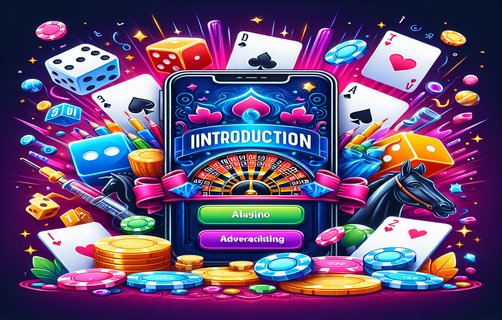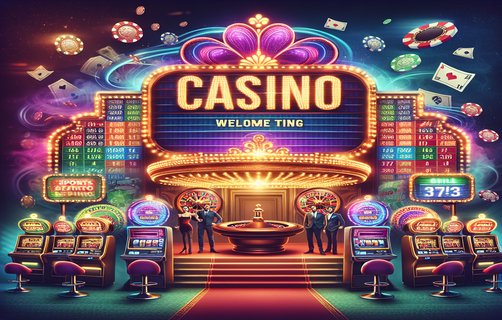Understanding the Loser's Perspective in Casino Gaming
The world of casino gaming, particularly in slot machines and poker, is often dominated by narratives of success, excitement, and winning streaks. However, it’s crucial to explore the less glamorous viewpoint: the loser's perspective. This standpoint can provide valuable insights into the gaming experience, user interface, table selection, casino branding, user ratings, poker odds, and responsible gambling. By analyzing these factors, we can gain a broader understanding of what it means to participate in these games, especially when the outcome is not in one's favor.
WMS Gaming has been a significant player in the casino gaming industry, famous for its engaging slot machine designs and innovative technology. From a loser's viewpoint, the entertainment value provided by WMS Gaming may become overshadowed by the experience of losing. The graphic rich environments that promise immersive play can feel empty when the outcomes consistently lead to financial losses. The psychological impact of repeated losses can create a disillusionment with the brand, as players may begin to feel manipulated by enticing visuals and lucrative-sounding jackpots that never materialize.

The user interface plays a critical role in how gamblers interact with games. For seasoned players, a complicated or overly flashy interface can lead to frustration, especially when losses accumulate. A clear and intuitive user interface is essential for guiding players through the gaming experience, allowing them to focus on the game instead of struggling with navigation. From the perspective of a loser, an efficient interface can also serve as a reminder of what they didn't achieve: clarity might expose the grim reality of their odds of winning, thus reinforcing feelings of defeat.
Table selection in poker environments is another area of concern for players experiencing the bitter taste of defeat. Selecting the right table is crucial for maximizing one's chances of success. However, a loser's perspective often involves the realization that skill levels among players can be deceptive. Intimidating opponents or tables with high blinds may bleed a player’s funds faster than they anticipated. This can lead to anxiety and further poor decision-making, reinforcing a cycle of loss. Hence, the perceived prestige of certain tables may become a hindrance rather than a reward.

Casino branding often paints a glamorous picture that attracts players, drawing them into a world of potential riches and excitement. Yet, for many players who frequently find themselves losing, the branding becomes a reminder of broken dreams and the harsh realities of gambling. The alluring images of winners, often portrayed by casinos, can exacerbate feelings of inadequacy and frustration for those who can't seem to crack the code. As a loser, one may feel trapped in a cycle of chasing losses, perpetuated by branding that prioritizes profit over player well-being.
User ratings can also greatly influence expectations and experiences in casinos. Generally, casinos with higher ratings promise more extensive ranges of games and favorable conditions for players. However, if a player constantly loses, they may start to question the legitimacy of those ratings. This skepticism can alienate players from establishments and encourage them to seek alternative venues, even while grappling with the guilt of having chosen poorly initially. Therefore, ratings can reflect a collective experience influenced by a mix of winning and losing players, obscuring the harsher realities of gambling’s inherent risks.
Poker odds are a fundamental component of the game, yet many players fail to adequately grasp them, often leading to significant financial losses. Understanding the mathematics behind odds is essential for making informed decisions while playing. However, the emotional toll of losing can skew a player’s perception of these odds. Rather than embracing calculated moves, a losing player might succumb to impulsive betting or poor judgment, driven by the desire to recover losses, thus exacerbating their predicament.
Responsible gambling emerges as a critical concept when discussing the loser's perspective. For individuals who experience the unfortunate side of casino gaming, setting limits can feel futile. The allure of the next possible win can cloud judgment. Recognizing the importance of responsible gambling is essential, not just for the sake of the player’s finances, but also for mental and emotional health. Awareness campaigns and support systems are needed to emphasize that losses are part of the gambling experience, promoting a balanced perspective that acknowledges both the highs and lows.
In conclusion, understanding the loser's viewpoint in casino gaming opens up a dialogue about the nuanced experiences of players. Each aspect, from user interface to responsible gambling, plays a crucial role in shaping the overall gaming experience. Acknowledging the difficulties faced by players who lose can inspire more ethical practices within the industry, striving towards a model that prioritizes fairness, education, and support for all players, irrespective of their outcomes.
